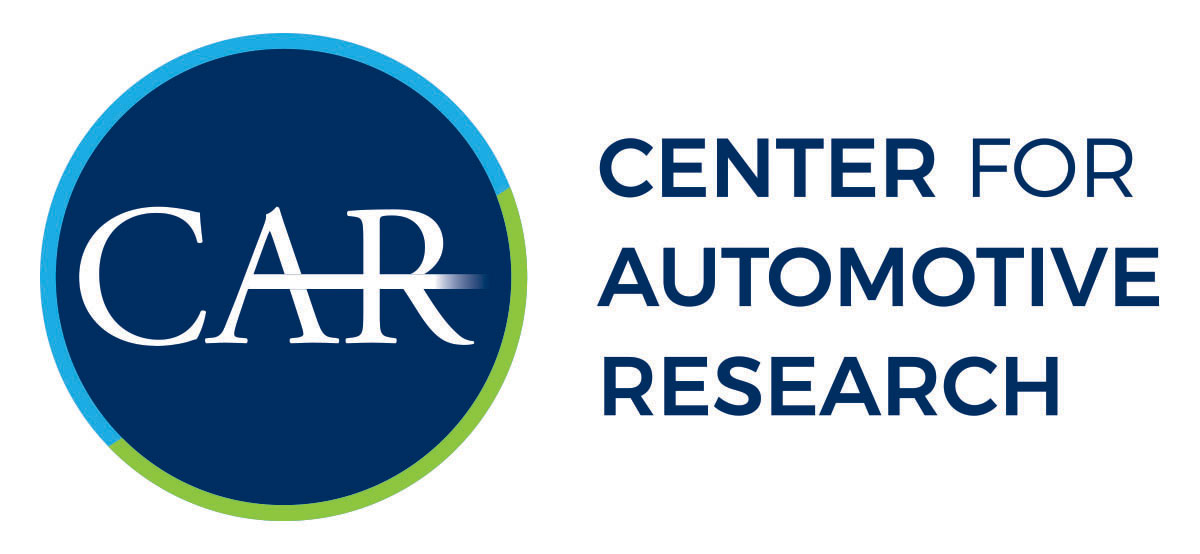Meeting U.S. Passenger Vehicle Emissions Standards: Greenhouse Gas Credits Balance
Download NowFull Description:
The automotive industry is charged with reducing greenhouse gas (GHG) emissions of its fleet to an estimated average of 163 gCO2 per mile (equivalent to 54.5 MPG) by the year 2025.1 From now through the year 2025, the standards for GHG emissions in the United States will become more stringent at a rate of approximately 4 to 5 percent. As U.S. standards become more stringent, the automakers must continue to reduce their fleet’s GHG emissions to meet or exceed the standard, or utilize credits they have accrued in previous years. These credits may be earned by over-complying with the Environmental Protection Agency (EPA) GHG target for a given Model Year, implementing air conditioning and off-cycle technologies that improve fuel efficiency, selling of advanced powertrain vehicles such as electric vehicles (EVs), using alternative fuels, or any combination of these examples.2 Manufacturers may also purchase credits from other vehicle manufacturers if they believe additional credits are necessary for the future or if they carry a deficit. Manufacturers are under no obligation to buy or sell credits from others and the value of these is primarily determined by the market. However, if a vehicle manufacturer is in a deficit after utilizing all accrued credits it will have to offset those deficits within three years or face monetary penalties and regulators may require the automaker to cease sales of non-complying vehicles in the United States. There is a key question related to these regulations: Can the vehicle manufacturers keep pace with the regulations, or will they burn through the credits they currently have?
This report reviews the GHG credit progress made thus far in the U.S. industry and how long those credits would last if no additional technology advancements were made to the fleet. Without significant advances in fleet fuel efficiency, none of the leading automotive manufacturers in the U.S. market will meet the future standards. After including all credits earned from MY 2009 through MY 2013 and carrying over the performance of the MY 2014 fleet against the standards from MY 2015 through MY 2025, all manufacturers would run out of credits by the year MY 2021 and some would run out of credits as early as MY 2017. The industry as a whole would have a cumulative deficit of credits by MY 2018 at which point there would not be enough credits to cover all deficiencies within the industry.
Download Now